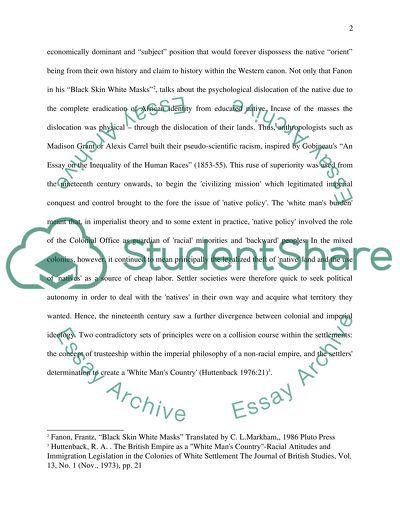Cite this document
(“Nationalism and imperialism in British africa 1850-1960 Essay”, n.d.)
Retrieved from https://studentshare.org/history/1519852-nationalism-and-imperialism-in-british-africa-1850-1960
Retrieved from https://studentshare.org/history/1519852-nationalism-and-imperialism-in-british-africa-1850-1960
(Nationalism and Imperialism in British Africa 1850-1960 Essay)
https://studentshare.org/history/1519852-nationalism-and-imperialism-in-british-africa-1850-1960.
https://studentshare.org/history/1519852-nationalism-and-imperialism-in-british-africa-1850-1960.
“Nationalism and Imperialism in British Africa 1850-1960 Essay”, n.d. https://studentshare.org/history/1519852-nationalism-and-imperialism-in-british-africa-1850-1960.


